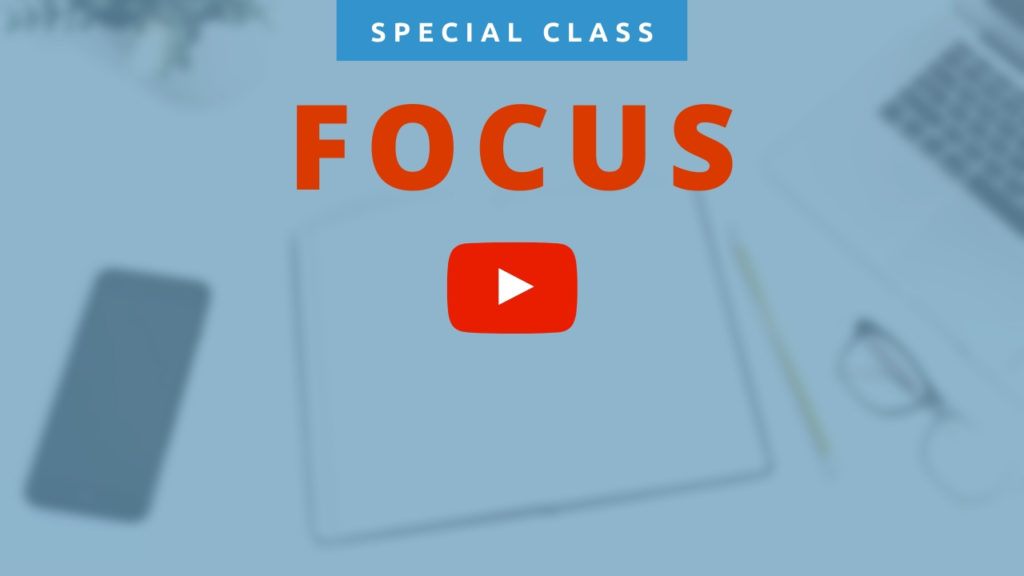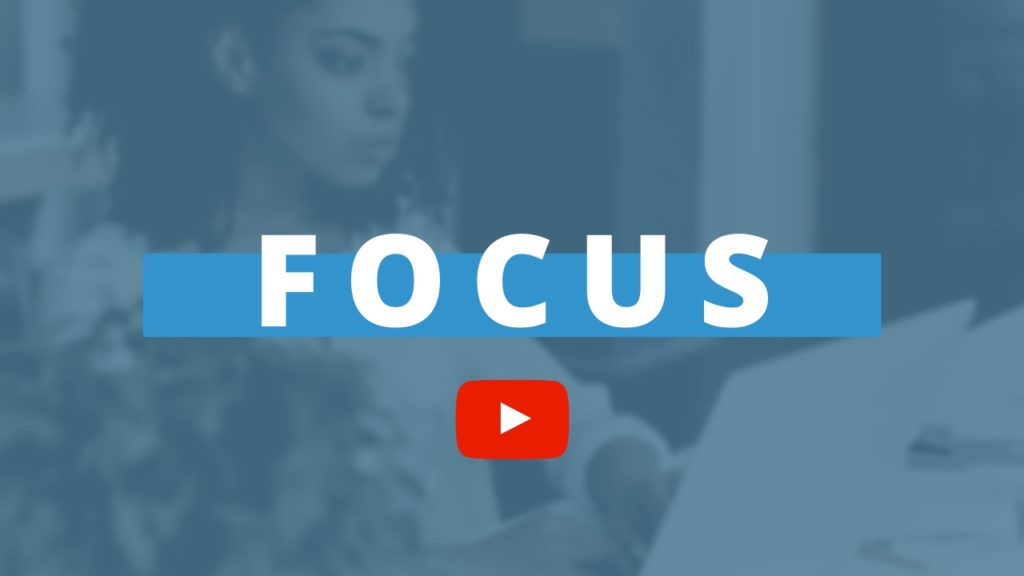Hello! Seiiti Arata. Today we are going to talk about how the lack of organization can diminish our focus. Specifically, let’s explore ways to simplify life. Imagine looking for a screwdriver or duct tape, and you can’t find it. Or perhaps, in the middle of the quest, you begin to delight in the memories as you look through old photos. Well, if your idea was to find the screwdriver, there’s something wrong here.
Stop and think about how much time you could free up in your life if you were a more organized person not wasting time looking for things, because you already know where they are.
If you keep complaining that you’re in a rush, maybe this is a good time to clean up and make room in your life.
I’m talking about this because a lot of people have gotten in touch with me saying they have a hard time focusing. And as I begin to investigate the details, I realize that the problem lies in the lack of organization, not the lack of focus.
The disorganization of the environment that you work in – or live – is often the real reason you can’t focus.
1. Organization begins with filtering of what should be saved.
Do you know what organization is? It’s very common to think of organization as moving items from one place to another, based on certain criteria. We are going to think about it more deeply. Let’s talk about organizing in a different way.
Instead of moving an item from one place to another, have you ever stopped and asked yourself if this item deserves to be a part of your life? The idea here is to take a step back and see if this item should be moved or simply discarded.
To do this,we must exercise our creativity: stop for a moment, look around, examine your environment and then, in your mind, imagine what the ideal environment for you would look like.
Try to visualize in detail how this environment would be more enjoyable and how you could feel better in it. Be sure to do this exercise – it is crucial for us to move forward together, okay?
2. Accumulating things does not bring happiness.
It is very important to internalize this fact: accumulating objects is not the way to happiness. Every item we acquire and keep close by must have a purpose. You must have heard that famous phrase, “less is more.”
The fact is,accumulating objects, always seeking to have more and more, is an endless path,and it will only increase the complexity of our lives unnecessarily.
When you organize your environment, think about it. Think about the purpose of each particular item – what need is it fulfilling in your life? Ask yourself: Is this thing bringing benefits, or is it just consuming space and requiring maintenance?Does it increase the level of complexity and clutter in my life?
What is behind this questioning? It is how we train yourselves to find the purpose of our things. Marie Kondo shares a similar rationale; she says, “Evaluate if this item brings you joy.”
Understand that organization is also a type of skill, and it’s a skill that we can and should learn. So let’s start the training with the easiest, and then we can move on to more complex things. In this way, you can develop your ability to find the purpose of each item.
3. Practice emotional detachment.
Begin by detaching yourself from objects you don’t use. Let’s start with clothes,because it is easy to evaluate whether they are being used or not. You can really identify which clothes you wear often and which ones are no longer good for you.You can spot the one you don’t like anymore or that are out of fashion.
Try on each piece of clothing and look in the mirror. See if it makes sense to keep it or not. Once you acquire more skill in evaluating the usefulness of your clothes,you can move on to the kitchen and evaluate which items and ingredients are already past their prime or that you don’t like, or those utensils that you never use.
After the initial steps, you can begin to organize things that demand more reflection,such as books, documents, and other objects that are scattered around your house.
As you gain mastery of these importance classifications with physical objects, you can also organize your digital files, bringing new order to the way you store your ideas and information.
Be prepared to deal with the pain of loss. One of the reasons we have trouble discarding items is our lack of emotional preparedness to deal with loss and change.
Those clothes that no longer fit may trigger a memory that we want to keep around.That book we started reading but we lost interest in will stay on the shelf because we invested in it, and we don’t want to move forward. That cooking ingredient whose flavour we don’t like will continue to sit in the cupboard because we hope one day to learn to use it well.
All this is a way of thinking with its focus on failure, loss, and money invested.
Instead, we can shift our focus to the space we are going to gain. We reduce our life’s complexity by eliminating a large number of things in our homes.
We can also focus on the lessons we learn about ourselves when we realize that that outfit is no longer so flattering, that book wasn’t so interesting, or that we don’t like that ingredient.
Keeping our minds open for future experiences will help us build the emotional strength to let go of the things that only consume space and gather dust in our home.
Too often,“organize” by moving things around, but then we realise that it doesn’t help much. We can even add to our furniture to store more objects, but that doesn’t really help us, either.
Taking a step back and seeing the purpose of having each particular thing is more important than just moving it. Detachment is key.
It is also important to remember that efforts housekeeping and learning to keep things in their place, frequently tidying up our living and working space – all this will be in vain. Because no matter how you organize things, everything will be a big mess again if you are dealing with too many objects.
Thinking about it, I wrote a mini book that you can download now and read in just under seven minutes. It is short and goes straight to the point! Just access this

